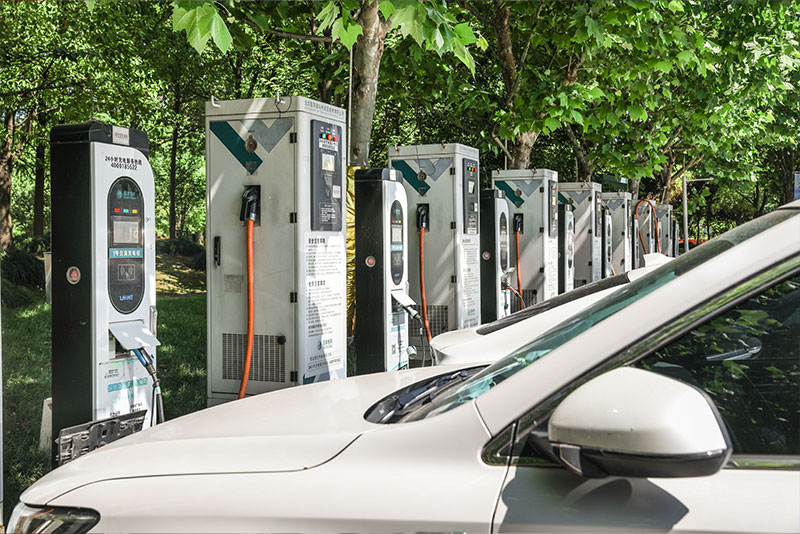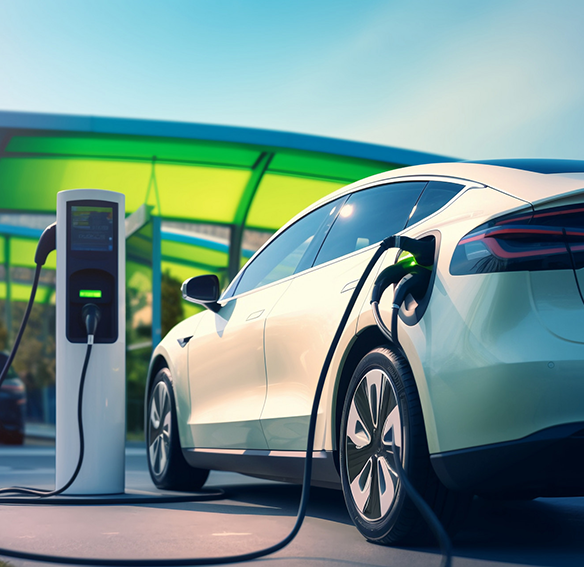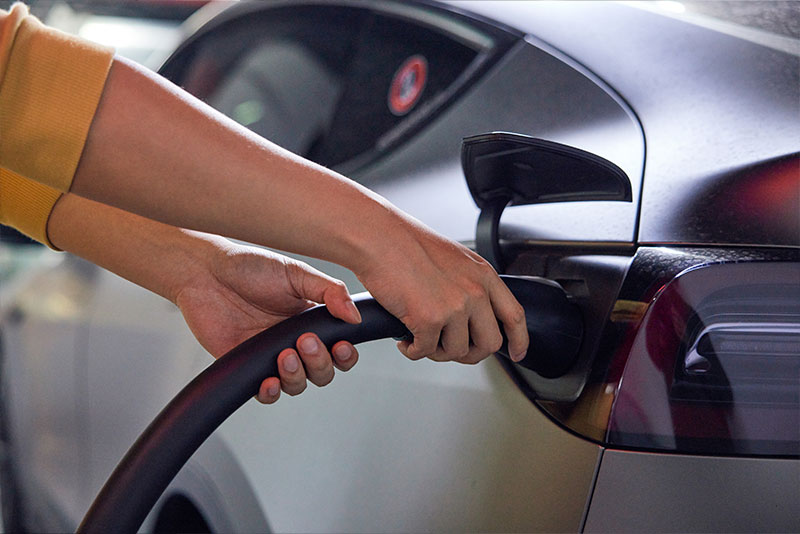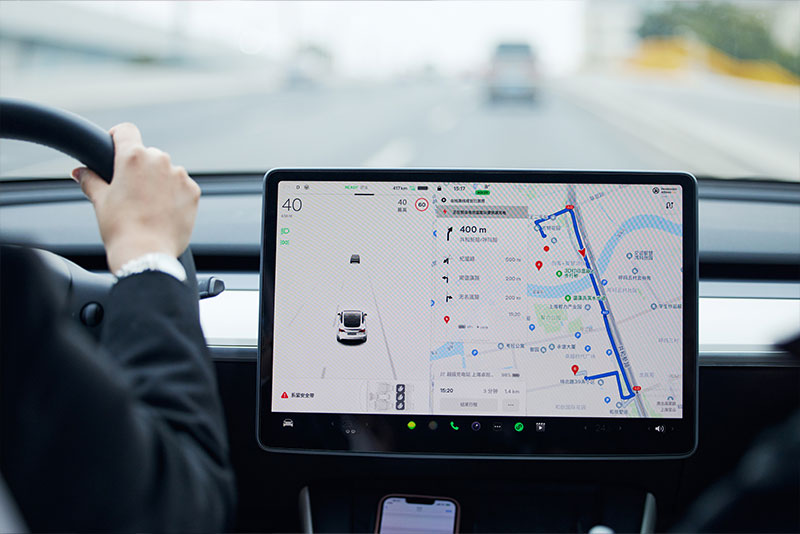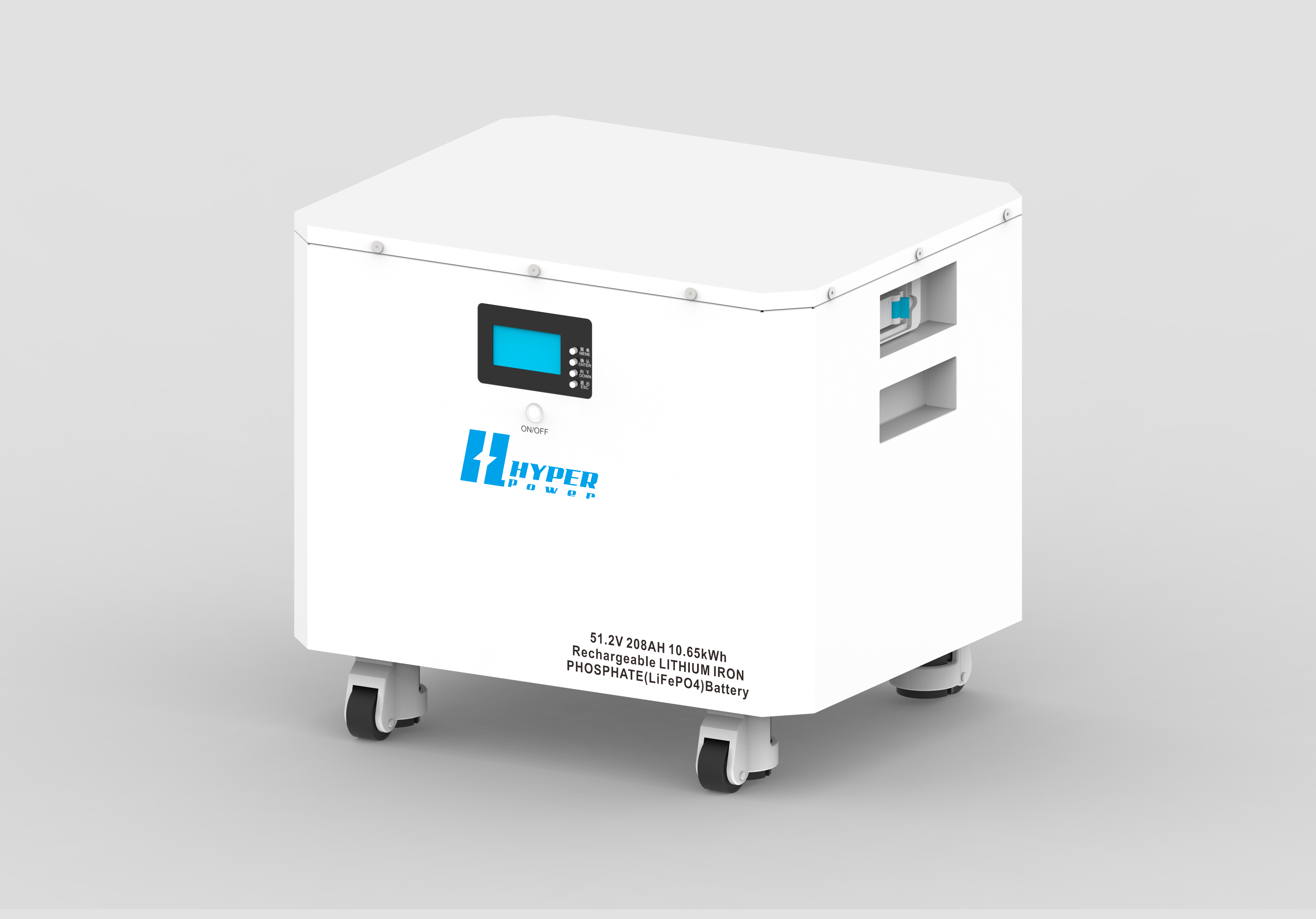Exploring the Advantages of lithium battery for electric cars
In recent years, electric vehicles (EVs) have emerged as a pivotal solution to the global challenges posed by climate change and the depletion of fossil fuel resources. Among the key components driving this transformation is the lithium battery, which has rapidly become the standard power source for electric cars. lithium battery for electric cars, specifically lithium batteries for EV cars, have earned their place at the heart of the EV revolution, offering numerous advantages that make them an ideal choice for powering future transportation.
As the automotive industry continues to evolve, understanding the role of lithium-ion technology and its growing impact on electric vehicles is crucial. This comprehensive guide will delve into the advantages of lithium batteries, why they are preferred for electric cars, and how they continue to shape the future of mobility. We will also explore the specific benefits of lithium batteries for electric vehicles (EVs) in the context of performance, cost efficiency, environmental sustainability, and long-term viability.
The Rise of Lithium Batteries in Electric Vehicles
Before we explore the advantages, it’s important to understand why lithium batteries have become the go-to solution for electric vehicles. A few decades ago, lead-acid batteries were the standard for electric cars. However, they were bulky, heavy, inefficient, and had limited energy capacity. With the advancement of battery technology, lithium-ion (Li-ion) batteries emerged as a far superior option for EVs.
lithium battery for electric cars offer a combination of lighter weight, higher energy density, and longer life cycles compared to older battery technologies. These features make them well-suited for EVs, providing better performance, extended driving range, and reduced charging times—all essential for mass adoption of electric vehicles.
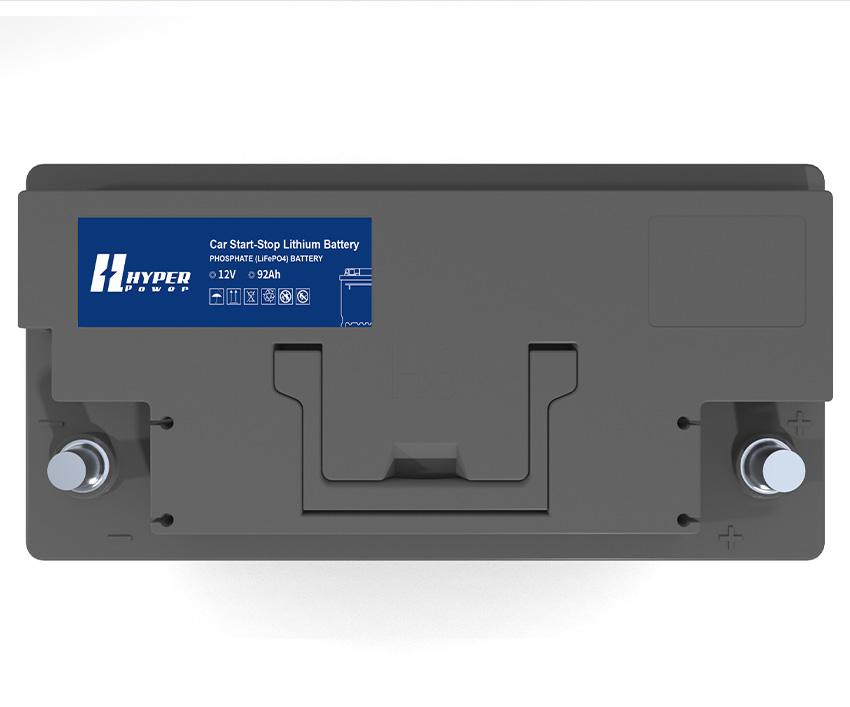
High Energy Density for Longer Range
- One of the most significant advantages of lithium batteries for electric vehicles is their high energy density. Energy density refers to the amount of energy a battery can store in a given volume or weight. Lithium-ion batteries are known for their superior energy density, which allows them to store more energy in a smaller, lighter package. This translates directly to a longer driving range for electric cars.
- Compared to traditional lead-acid or nickel-metal hydride (NiMH) batteries, lithium batteries for EV cars offer far more energy storage without a significant increase in size or weight. This feature is crucial because the driving range of an EV is one of the primary concerns for consumers. With a lithium battery for electric cars, EV owners can drive further on a single charge, making long road trips or daily commutes more feasible.
- For instance, many modern EVs equipped with lithium-ion batteries can achieve ranges of 200 to 370 miles or more on a single charge, depending on the vehicle’s battery size and efficiency. This is a considerable improvement over earlier electric car models that struggled to reach 100 miles per charge. As battery technology continues to evolve, these ranges are expected to increase, further improving the appeal of electric cars.
Faster Charging Times
Another advantage of lithium battery for electric cars is their ability to charge faster than older battery technologies. Lithium-ion batteries have a lower internal resistance, which allows them to accept charge more efficiently. As a result, charging times are significantly reduced when using a lithium battery for EV cars.
Many new EV models can be charged to 80% of their capacity in just 30 minutes to an hour with fast-charging stations. This is a stark contrast to the slow charging times associated with lead-acid batteries, which could take several hours to achieve a full charge. The rapid development of ultra-fast charging technologies, such as Tesla’s Supercharger network, is largely possible due to the inherent advantages of lithium batteries.
In addition, lithium batteries support both home-based charging and fast public charging networks. With the availability of fast-charging stations growing globally, EV owners can charge their vehicles quickly while on the road, reducing the anxiety associated with running out of power during long trips. This accessibility to quick charging solutions makes electric cars more convenient for users.
Lightweight Design
Lithium-ion batteries are considerably lighter than their counterparts, such as lead-acid or nickel-metal hydride (NiMH) batteries. This is especially beneficial for electric vehicles, where weight is a critical factor. EVs powered by lithium battery for electric cars benefit from reduced weight, leading to improved performance, efficiency, and handling.
Reducing the weight of an electric vehicle has multiple advantages. First, it directly impacts the car's overall energy efficiency. A lighter vehicle requires less energy to move, which translates into improved fuel economy and a longer range per charge. Second, lighter vehicles tend to have better handling and acceleration, contributing to a smoother and more responsive driving experience.
For example, an EV that uses a lithium battery for EV cars may weigh 20-30% less than a comparable model powered by a lead-acid battery, all while offering similar or greater performance. This reduction in weight is a key factor in making electric cars more practical and competitive with traditional internal combustion engine vehicles.
Longer Lifespan and Durability
- The longevity and durability of lithium battery for electric cars is another major advantage. Lithium-ion batteries have a much longer lifespan than older battery technologies, such as lead-acid or NiMH batteries. This is partly due to the chemical stability of lithium and its ability to withstand repeated charge and discharge cycles without significant degradation.
- Typically, a lithium battery for EV cars can last anywhere from 8 to 15 years, depending on factors such as usage, climate, and maintenance. In comparison, lead-acid batteries have a much shorter lifespan, often requiring replacement every 2-4 years. The extended lifespan of lithium batteries means fewer replacements and less overall maintenance for EV owners, ultimately making lithium-powered vehicles more cost-effective in the long run.
- Furthermore, modern electric vehicles equipped with lithium-ion batteries come with advanced battery management systems (BMS) that monitor and optimize battery health. These systems help prevent overcharging, overheating, and deep discharge, which can further extend the battery’s life and improve its overall performance.
Cost Efficiency in the Long Run
Although lithium-ion batteries have a higher initial cost compared to traditional lead-acid or NiMH batteries, they are more cost-efficient over the lifespan of the electric vehicle. The high initial cost is offset by the longer lifespan, better performance, and reduced maintenance needs of lithium batteries.
Over time, as battery prices continue to fall due to advancements in production methods and economies of scale, lithium batteries will become even more cost-effective. In fact, the cost of lithium-ion batteries for electric cars has dropped by more than 80% over the past decade, making EVs increasingly affordable for the average consumer. This trend is expected to continue as more manufacturers adopt lithium-based technology and battery production processes become more efficient.
In addition, the savings in fuel costs and maintenance expenses are another major financial benefit of switching to an electric vehicle powered by a lithium battery. While gasoline-powered cars require regular oil changes, exhaust system maintenance, and frequent refueling, electric cars with lithium batteries require much less maintenance, and the cost of electricity is significantly lower than gasoline.
Environmental Benefits
Environmental sustainability is one of the primary driving forces behind the transition to electric vehicles. Lithium-ion batteries for electric cars are a much greener option compared to traditional gasoline-powered vehicles, especially when paired with clean energy sources like solar or wind power.
First, electric cars produce zero tailpipe emissions, reducing the amount of harmful pollutants, such as nitrogen oxides (NOx), particulate matter, and carbon dioxide (CO2), that contribute to air pollution and climate change. This is a significant advantage, especially in urban areas where air quality is often poor due to high levels of vehicle emissions.
In addition, lithium batteries for EV cars can be recycled, reducing their environmental impact at the end of their life cycle. While recycling processes for lithium batteries are still being developed, significant strides are being made to improve the efficiency and scalability of battery recycling, making it possible to reuse valuable materials like lithium, cobalt, and nickel.
Moreover, the growing adoption of electric vehicles powered by lithium batteries helps to reduce the global reliance on fossil fuels, further contributing to the reduction of greenhouse gas emissions and climate change mitigation efforts.
-Charging.png)
Future Innovations in Lithium Battery Technology
While lithium battery for electric cars already offer numerous advantages, ongoing research and development continue to push the boundaries of what’s possible. Innovations such as solid-state batteries, lithium-sulfur batteries, and faster-charging technologies are all expected to enhance the performance, safety, and environmental impact of lithium-powered vehicles in the future.
Solid-state batteries, for example, promise to deliver even higher energy densities, faster charging times, and improved safety features by replacing the liquid electrolyte in traditional lithium-ion batteries with a solid electrolyte. This could further extend the driving range of electric vehicles and reduce the likelihood of battery fires or degradation over time.
Additionally, advancements in battery recycling technology will make lithium batteries even more sustainable, further reducing the environmental impact of EVs.
Conclusion
lithium battery for electric cars have revolutionized the automotive industry, providing a more sustainable, efficient, and practical solution to powering the vehicles of the future. From longer driving ranges and faster charging times to reduced maintenance and lower environmental impact, lithium batteries offer numerous advantages that make them the ideal choice for electric vehicles.
As technology continues to improve, the advantages of lithium batteries will only increase, driving the widespread adoption of electric vehicles and helping to create a cleaner, more sustainable future for transportation. Whether you're a current EV owner or considering making the switch, lithium battery for electric cars are poised to play a critical role in shaping the future of mobility.
Blog

Maximizing Energy Independence with Home Lithium Battery Storage

How Residential Photovoltaic Energy Storage Systems Empower Sustainable Homes
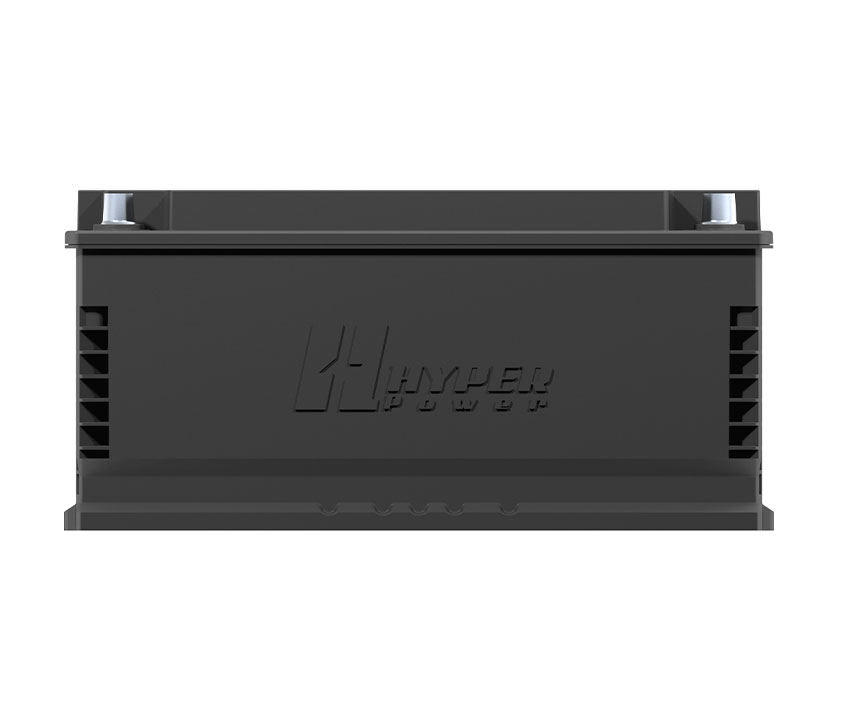
Why the 12V Lithium Ion Car Battery is the Smarter Automotive Power Solution — Insights from JEJE Energy
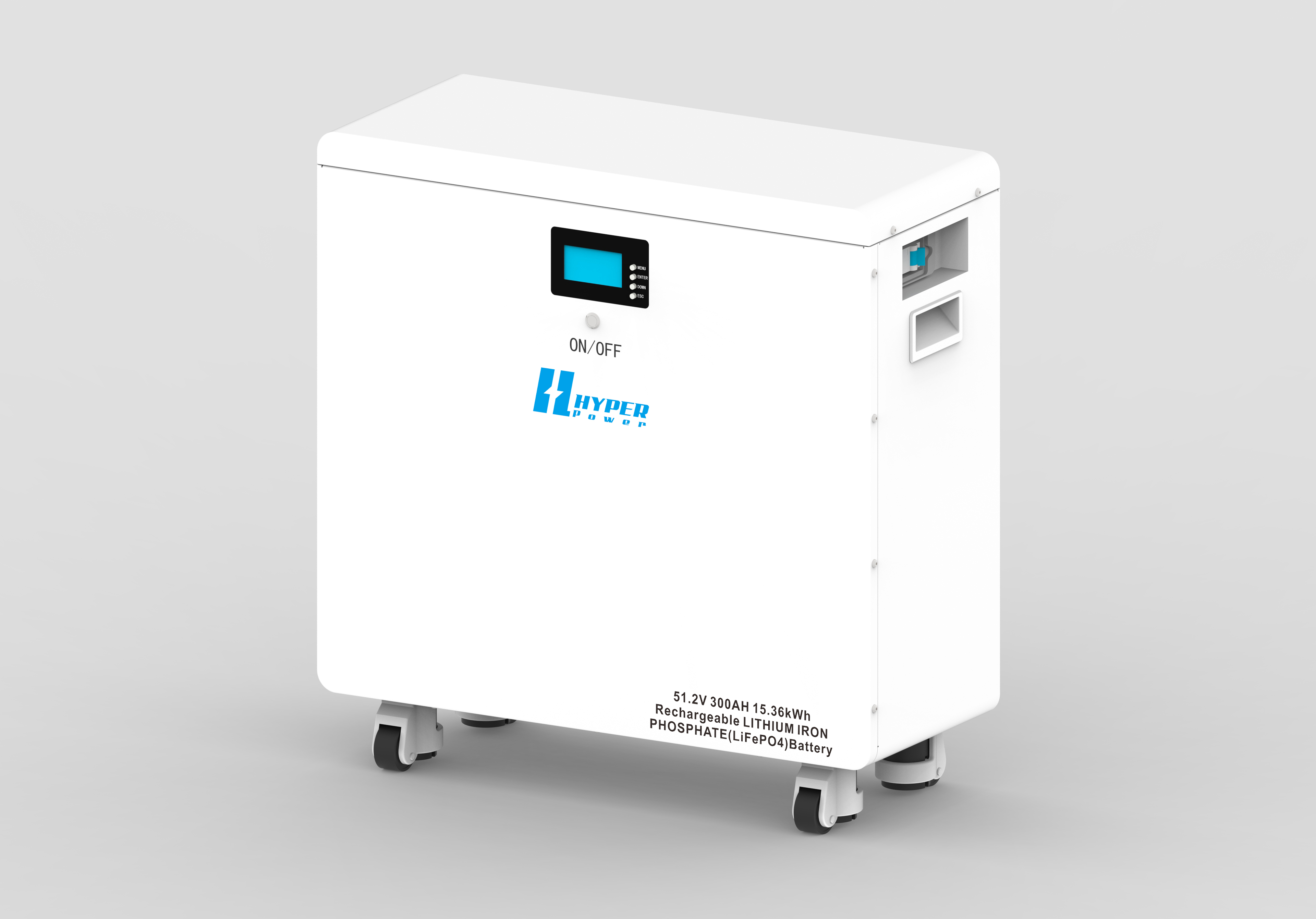









.jpg)











